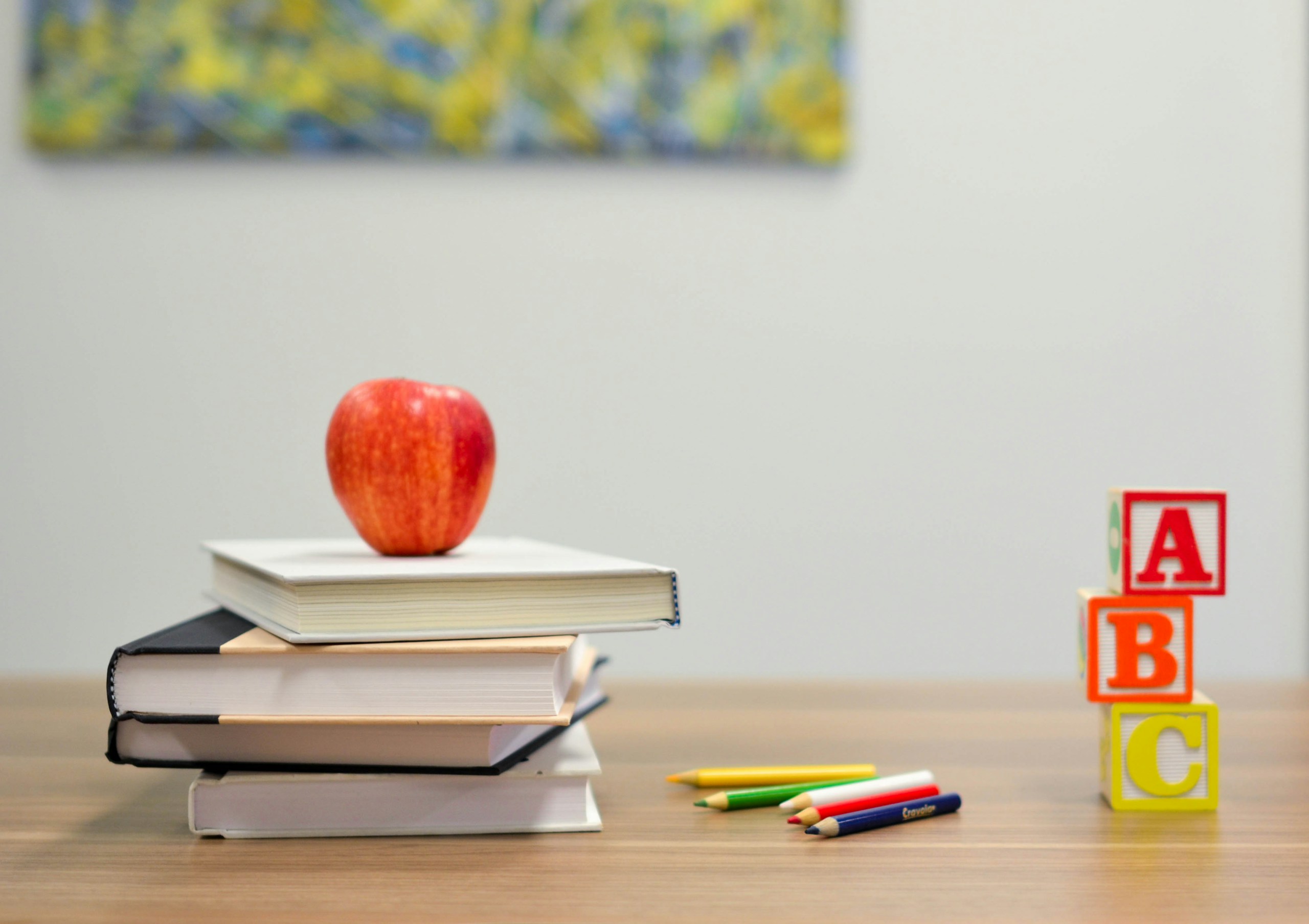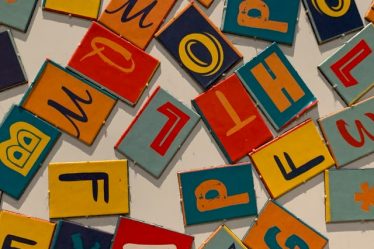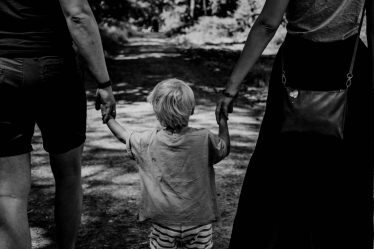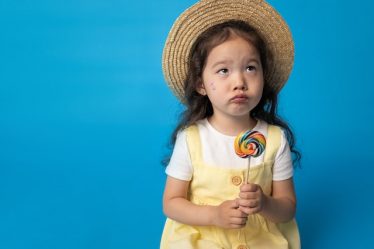
First published: 7 January 2022 @ 6:00 pm
Early childhood education is a diverse field of study that touches the lives of children and their families in many ways. It is an integral part of the development of children.
It is important for children to receive early childhood education programs because it provides them with opportunities and experiences to develop their cognitive, social, emotional and physical abilities.
Furthermore, early childhood education teaches them life skills and helps them develop positive attitudes towards learning. It also contributes to the development of parental involvement as parents, family’s role and readiness for school.

What is Early Childhood Education?
Early childhood education refers to all the activities undertaken by teachers, parents and carers that take place before the age of five years old.
The role of early childhood is to create opportunities for growth that will contribute to positive self-concepts in children by providing them with adequate stimulation in learning activities at an appropriate level according to their developmental needs.
This includes teaching children how to behave appropriately, developing positive attitudes towards learning and communicating effectively with adults.
Early childhood education includes infant/toddler pre-school education, full-day pre-school education, half-day pre-school education, playgroup/nursery school, and family literacy programs.
It is important to note that while some early childhood education is compulsory, other types of early childhood education are not.
This means that while some parents may choose to enrol their children in an early childhood education program, other parents may choose not to do so.
However, most families with young children are likely to have one or more of these types of early childhood education in place.
Why Early Childhood Education?
Develop Critical Thinking
It takes a child from birth to age 5 to develop a complete set of social, emotional, and cognitive skills that allow them to participate in school and society as an adult.
The Early childhood education program helps children learn to read, write, speak, and develop critical thinking skills by engaging them in fun activities such as music, science experiments, art projects, games and more.
The classroom environment allows for close interaction between the teacher and child, which results in more creative ideas from the child as well as higher scores on standardized tests due to increased retention of information.
Opportunities to Practice
Early childhood education provides children with a strong foundation and experience to develop the following abilities: memory, problem-solving skills, attention span, self-control and social skills.
These abilities are essential for success in primary school, future education as well as in later life.
Furthermore, it teaches children how to be independent learners by providing them with opportunities to practice what they have learned in class during free play time or while on outings with their teacher or parents.
For instance, children can use what they have learned about cause and effect when constructing a model plane or robot in free play time or when exploring an area of natural interest with their teacher or parents.
Grow Confidence
Confidence is vital to success later on in life because it allows people to make better decisions about what they want to do in their lives and how they want to do it. This helps children become more productive and successful adults.
Additionally, early childhood education helps children learn about what they like and what they don’t like. This type of learning is vital because it allows children to become more confident in themselves as well as what they like and dislike about themselves.
This can help them make better decisions about their future and which career path to take, as well as help them be happier individuals.
Children who are confident in themselves tend to be more successful later on in life, and this confidence allows them to face any challenge with ease and find a way to overcome any obstacle that comes their way.
Better Social Skills and Interactions
Another advantage of early childhood education is that it helps children develop better social skills and social interactions.
The reason why this is important is that children who do not attend early childhood education tend to be less likely to make friends and also do not know how to interact with people.
Also, children who attend early childhood education tend to develop better self-esteem because they are taught how to act in public and be more confident within themselves.
Children are able to learn how to act in public and be more confident in themselves, because they are able to learn how to interact with others better, which gives them confidence that allows them to interact with others very well.
Types of Early Childhood Education
1) Infant/Toddler Pre-School Education

Infant/toddler pre-school education refers to all activities undertaken by teachers, parents and carers that take place before the age of three years old.
The key characteristics of infant/toddler pre-school education include: programs that are primarily designed for infants and toddlers.
The programs also have a high ratio of staff to children. The activity plans focus on teaching social skills, including how to share toys, get along with others, and how to be polite; activities that teach self-help skills (such as potty training).
Children under the age of three should not attend full-day pre-school programs due to their small physical capacity and immature motor skills. It is also important to note that a child under the age of three cannot read yet.
2) Playgroup/Nursery School
Playgroup/nursery school refers to all activities undertaken by teachers, parents or carers that take place before the age of five years old. The programs will typically include both play and learning activities.
The activities focus on teaching specific developmental skills (such as rolling over); activities that focus on teaching academic skills (such as how to recognize letters and numbers); and activities that focus on teaching specific skills (such as how to eat independently).
The main objective of playgroup/nursery school is to provide children with a structured learning environment that allows them to learn, develop social skills, explore their environment, play with others and become familiar with new surroundings.
3) Full-Day/Half-Day Pre-School Education
Full-day pre-school education refers to all activities undertaken by preschool teachers, parents and carers that take place before the age of five years old.
Pre-school education involves stimulating development such as talking, singing, dancing, playing with blocks or other toys and exploring objects such as putting things in order or making noise with rattles, as well as playing with other children.
These activities include: play and stimulation activities such as toys, games and music; feeding; nutrition and health promotion activities such as reading labels on food and medicine and learning about healthy eating habits.
Basic concepts such as cause and effect, how to be an independent learner, reading books, shapes and numbers, and counting are some other things that children learn.
Full-day/Half-Day pre-school education can be provided by early childhood educators or by kindergarten teachers in local schools. It can also be provided through home child care services, nannies and babysitters.
It is usually conducted in a centre or centre-based environment with an instructor providing direct instruction.
4) Family Literacy Programs
These programs are designed to help parents improve their parenting skills, reading and writing skills so that they can participate in their children’s education.
Read more about children’s development stages, how to teach your loved ones to become independent, early childhood education tips and many more on Mature Parent blog!



